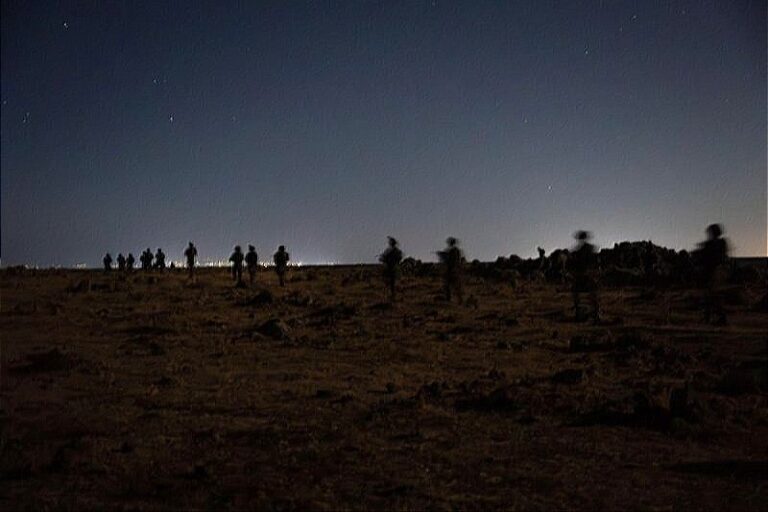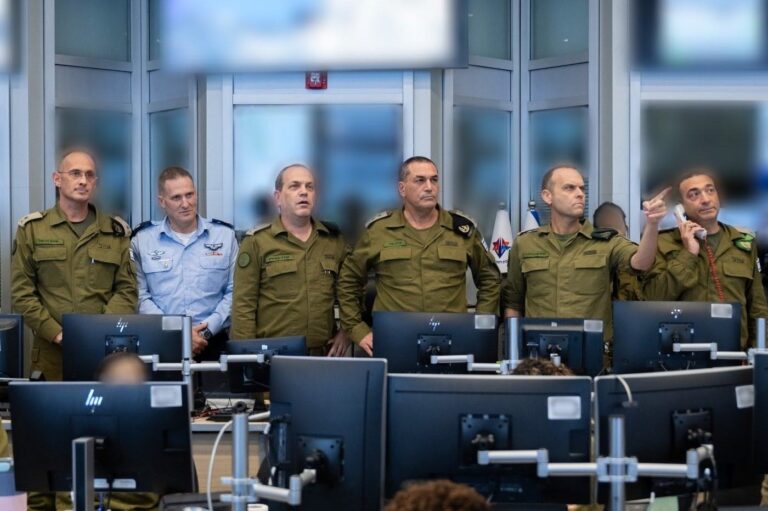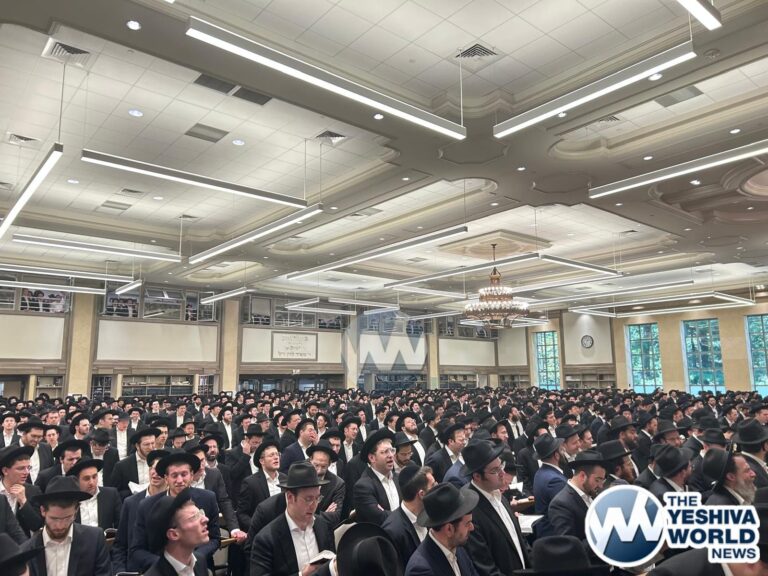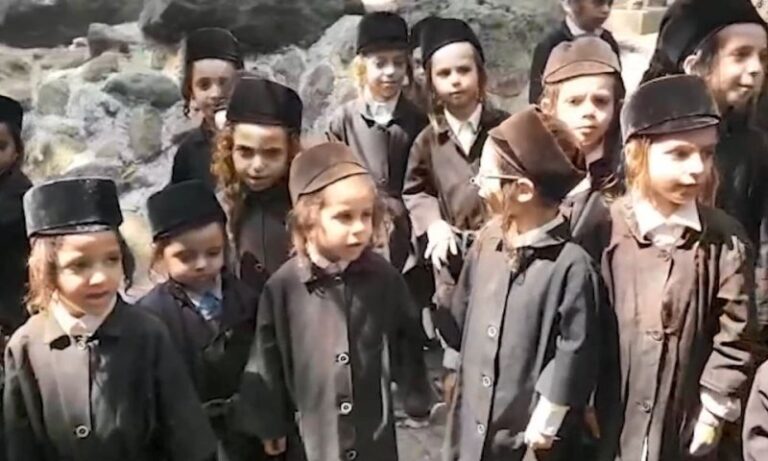 [By Rabbi Yair Hoffman for the Five Towns Jewish Times]
[By Rabbi Yair Hoffman for the Five Towns Jewish Times]
THERE IS A FAMOUS story cited in the book, “HaGaon HaChasid MiVilna” originally appearing on Yashar’s biography of the Chofetz Chaim (p. 253-254).
It was late on a Friday afternoon in Vilna. Rav Chaim the tailor of Vilna was in a bind. It seems a question had a risen on the Kashrus of the chicken being cooked in his kitchen. He quickly dispatched one of his children to pose the question to the Vilna Gaon.
The hour was late. Normally, of course, the Vilna Gaon did not serve in the capacity of a Rav. But here, on account of the lateness of the hour, the Vilna Gaon made an exception. Upon examining the chicken in question, the Vilna Gaon could only come up with one answer to the question posed: The chicken, unfortunately, was treif.
Meanwhile, unbeknownst to our tailor, his wife Malka had also not known the status of the chicken. She dispatched another one of her sons to see the Rav of Vilna, the great Rabbi Shmuel. Rabbi Shmuel the official Rav of Vilna ruled leniently. The chicken, in his opinion, was permitted.
Both children rushed into the tailor’s home excitedly to report the responses. Not knowing what to do, Rav Chaim quickly ran to Rabbi Shmuel’s house and explained to him that the Vilna Gaon had forbidden the chicken. Rav Shmuel, the Morah D’Asrah of Vilna, remained firm in his ruling permitting the chicken. He instructed the tailor to prepare the chicken and he and the Vilna Gaon will come that Friday evening and taste of it.
Rav Shmuel went to the home of the Vilna Gaon and said, “My Master and Rabbi, I am nothing—like dust under your feet. However, I was accepted as the Mora D’Asra here in Vilna by its residents in regard to halachic rulings. Since I ruled in this matter and I did so in the proper manner with the proper research, the halacha is in accordance with me. I ask of you to come with me to the house of the tailor and we shall both partake of the chicken so that the residents of Vilna will understand the full authority of the Rav, and that there will be no one who argues or criticizes.”
The Vilna Gaon agreed. They both entered Reb Chaim the tailor’s home and sat to eat. All of a sudden, before they had a chance to taste of the chicken, a piece of chailev (unkosher fat) fell from the candle above.
There are a number of fascinating insights from this incident. First and foremost, we see the authority of a Rav in his community or shul. If the Vilna Gaon was willing to sit and eat something that he had deemed to be unkosher—that says a lot. How many people in our times would be willing to do that ?
The reader might object that this is merely a story and that we cannot rule based on a story.
We do find, however, that Rav Hamnunah placed a ban upon a student who ruled like Rav Shimon in regard to Muktzah in one particular city. The Gemorah (Shabbos 19b) objects that the halacha is actually like Rav Shimon in this case! The Gemorah answers that the city under discussion was one where Rav was the outstanding Torah luminary. Rav did not rule in accordance with Rav Shimon in that case. Placing someone under the ban is a very serious matter. Clearly, undermining the authority of a Rabbi in his community or shul is equally a very serious matter.
The halacha is further quantified in the ruling of the Ramah in Yore Deah (245:22). He discusses when and where it would be permissible to conduct a Chuppah ceremony in the domain of another Rav. He concludes: “However, one should not rule in forbidden and permitted matters or to lecture in a manner that shows authority in the city of his friend.”
It would seem quite clear that the Ramah’s ruling not only applies to a community, but also to the modern day application of synagogue and shul Rabbis.
The Rivash rules on a similar case (Volume I #271) and states that no other Rabbi may rule outside his domain against the opinion of the local Rav. What is fascinating is that the Rivash’s response deals with a spiritual issue and not a halachic matter. Nonetheless, the Rivash is quite clear that even in outside matters the authority of the Rav should not be undermined. The Rivah’s ruling is part of normative halacha. The Chasam Sofer (Choshain Mishpat #41) quotes the Rivash authoritatively.
The issue is also seen from the words of Rashi in his explanation to Chulin 53b. He writes, “It is unseemly (the Hebrew is “lav orach arah”) to permit something in a place where the other Rav forbade it.”
There are numerous other passages in the Talmud where this issue is brought to light. For those who wish to research further, see Shabbos 130a, Eiruvin 94a, Psachim 30a and Yevamos 14a.
The bottom line of all this? The Rabbi of a shul or community has a syata dishmaya in his rulings. It is unseemly and against the Torah to undermine his opinion. This is true, even if one happens to have the erudition of the Vilna Gaon. Certainly, it is true in our times, too.











One Response
Well said. To the point that, notwithstanding Rabbi Hoffman’s many very well researched and written scholarly hallachic articles, when it comes to hallachah l’ma’aseh, one should consult with his Rav and Posek, for how to proceed.